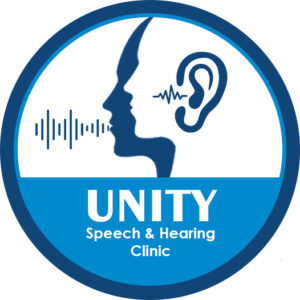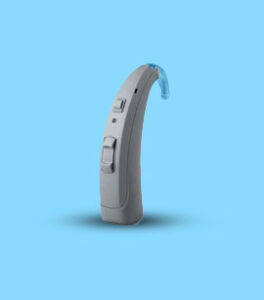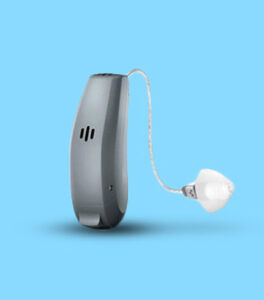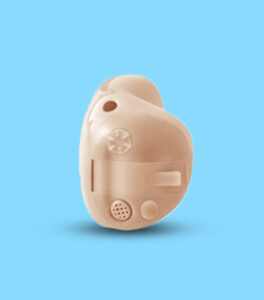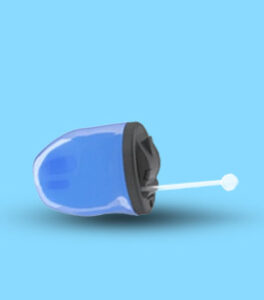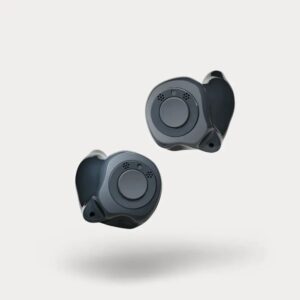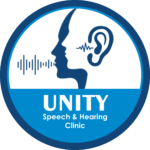Digital Hearing Aids

Digital hearing aids are advanced devices designed to help people with hearing loss by processing sounds digitally. Unlike their analog predecessors, digital hearing aids convert sound waves into numerical codes, allowing for highly precise sound adjustments and customization.
Features:
Digital hearing aids can distinguish between speech and background noise, reducing unwanted sounds for clearer conversations.
Customizable settings to adjust to individual hearing needs.
Minimizes feedback or whistling sounds, ensuring a comfortable user experience.
Directional Microphones that focus on specific sound sources in noisy environments.
Wireless Connectivity with smartphones and other devices.
Uses:
Digital hearing aids are suitable for various types and degrees of hearing loss, from mild to profound. They are versatile and can be tailored to specific hearing requirements, making them ideal for diverse listening situations.
Benefits:
Improved Sound Quality and reduces noise
Customization for specific hearing needs
Sleek, Discreet and Smart Design
Enhanced User Experience with advanced wireless features
Types of Digital Hearing Aids offered at Unity Speech and Hearing Clinic
How to choose the right Hearing Aid?
Consider following points to choose the right hearing aid –
Professional Assessment:
Begin with a thorough hearing evaluation by a certified audiologist to understand the extent and type of hearing loss you have.
Hearing Aid Style:
Choose a style (BTE, ITE, ITC, CIC) based on your hearing loss, comfort, and lifestyle needs as recommended by the audiologist.
Technology Level:
Determine the appropriate technology level (basic, mid-range, advanced) that aligns with your specific hearing requirements and budget constraints.
Essential Features:
Consider features such as noise reduction, directional microphones, telecoil, and Bluetooth connectivity, catering to your everyday environments and activities.
Trial Period:
Opt for a hearing aid with a trial period, allowing you to assess its effectiveness in different situations before committing to the purchase.
Battery Life:
Evaluate the battery life of the hearing aid, ensuring it meets your daily usage requirements and considering the ease of battery replacement.
Follow-up Support:
Ensure the provider offers comprehensive aftercare services, including regular adjustments, cleanings, and follow-up appointments for ongoing assistance.
Comfort and Fit:
Prioritize comfort and fit; a well-fitted hearing aid enhances effectiveness and ensures long-term wearability, impacting your overall satisfaction.
